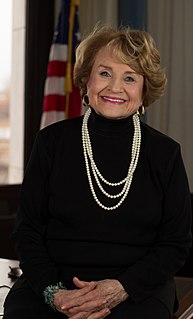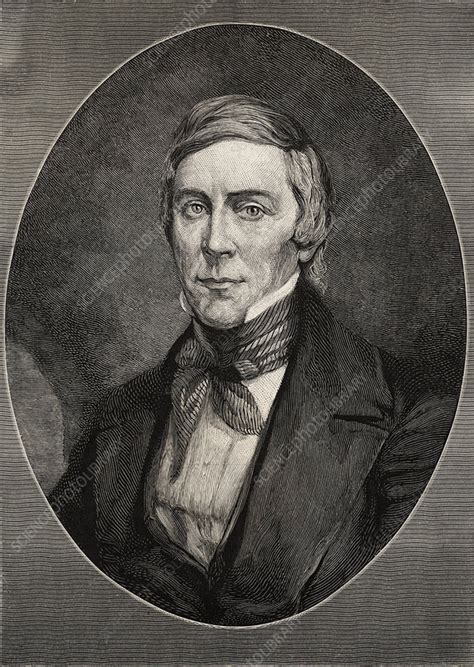A Quote by John Shelby Spong
The demolishment of the power of organized Christianity in the Western world to finally realize the emancipation of women and give them the vote in 1920. Women couldn't even own property in their own names until the last quarter of the 19th century in America.
Related Quotes
Even into the 20th century, women were still struggling in the Western world for rights that Islam had granted women in the 7th century: equal rights to education; the right to own and inherit property; to have a voice in the decisions affecting their lives; to be active, engaged, and valued members of society at all levels.
An ethic of maternalism was central to the utopianism of 19th century feminists. I don't think that today's women see motherhood as a source of personal power, let alone political power. I don't think that women now have that same sense that their lives as mothers gives them any special power or virtue. I think women see their lives as mothers as an adjunct to their working lives - a fulfilling and important adjunct, to be sure - but something they do in addition to working in the public realm, not because being a wife and mother gives them a distinct edge in improving the world as we know it.
The nature of women's oppression is unique: women are oppressed as women, regardless of class or race; some women have access to significant wealth, but that wealth does not signify power; women are to be found everywhere, but own or control no appreciable territory; women live with those who oppress them, sleep with them, have their children - we are tangled, hopelessly it seems, in the gut of the machinery and way of life which is ruinous to us.
Property rights can improve a woman's ability to stand up to violence in the home. You might think education and employment are important because they give women exit options, but property is as well. Give women equal property rights to inherited land, then they have an asset they can take out of the marriage. This gives husbands strong incentives to not beat them.
In the last quarter of the 20th century, Britons have been understandably obsessed with the problem of having too little power in the world. In the third quarter of the 18th century, by contrast, their forebears were perplexed by the problem of having acquired too much power too quickly over too many people.






































